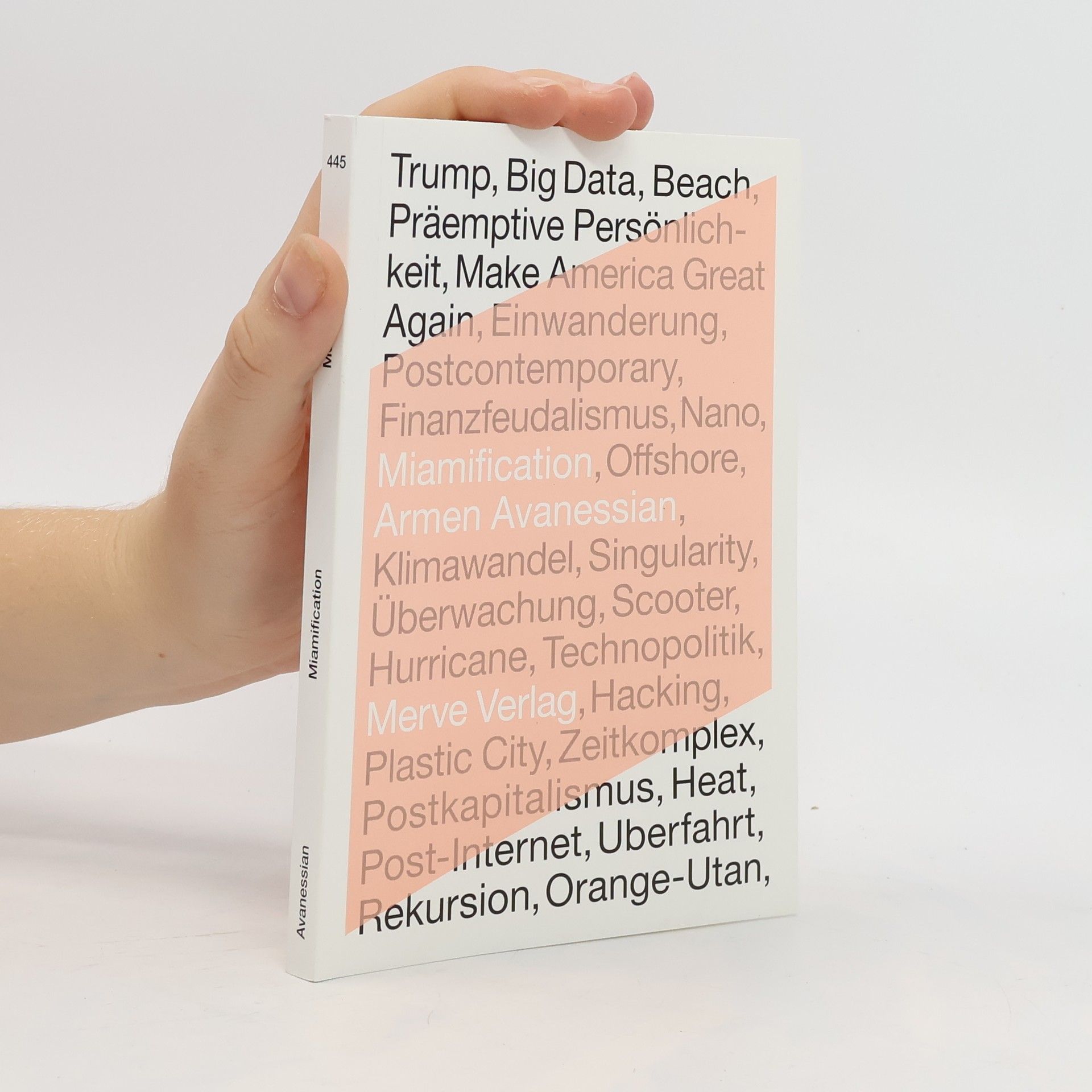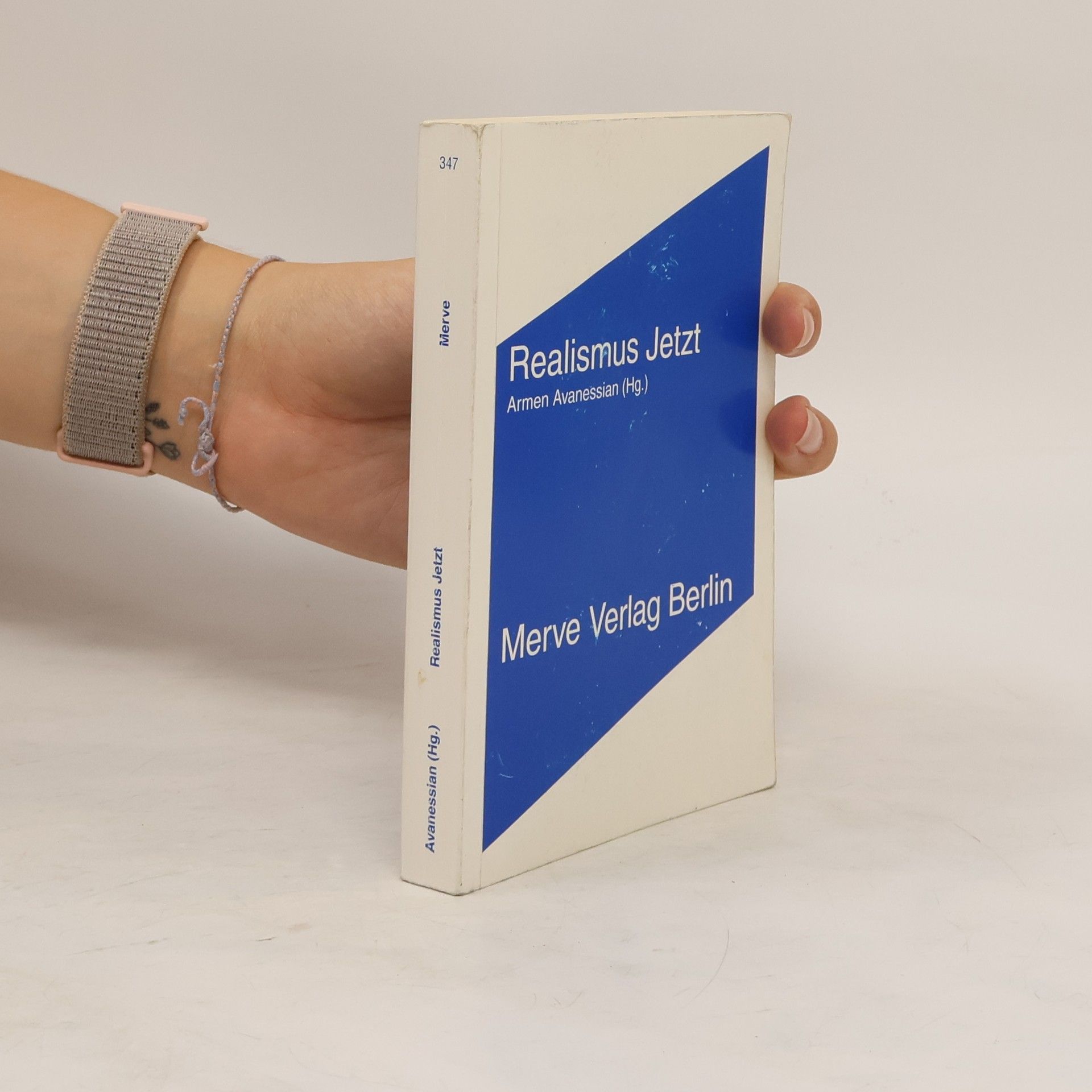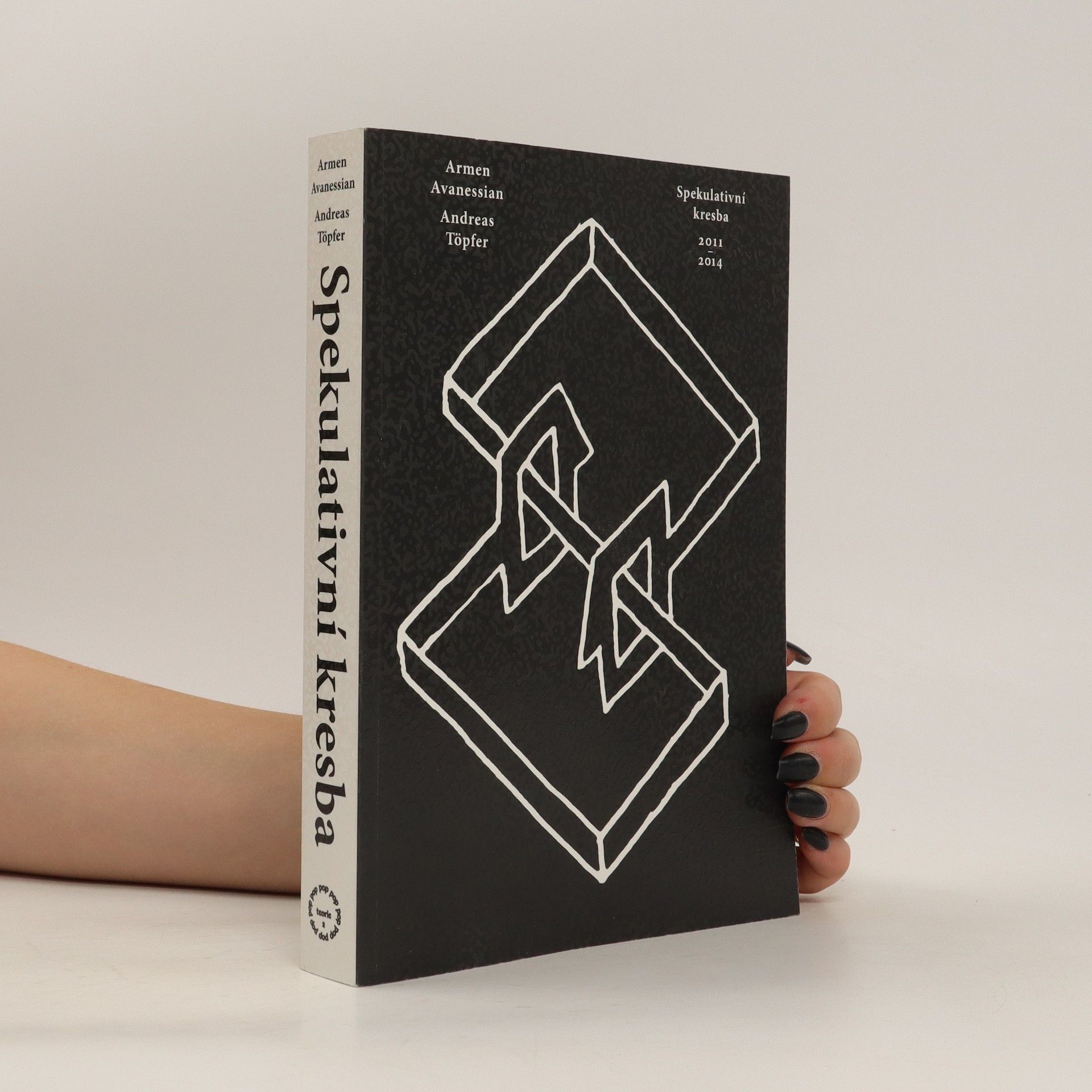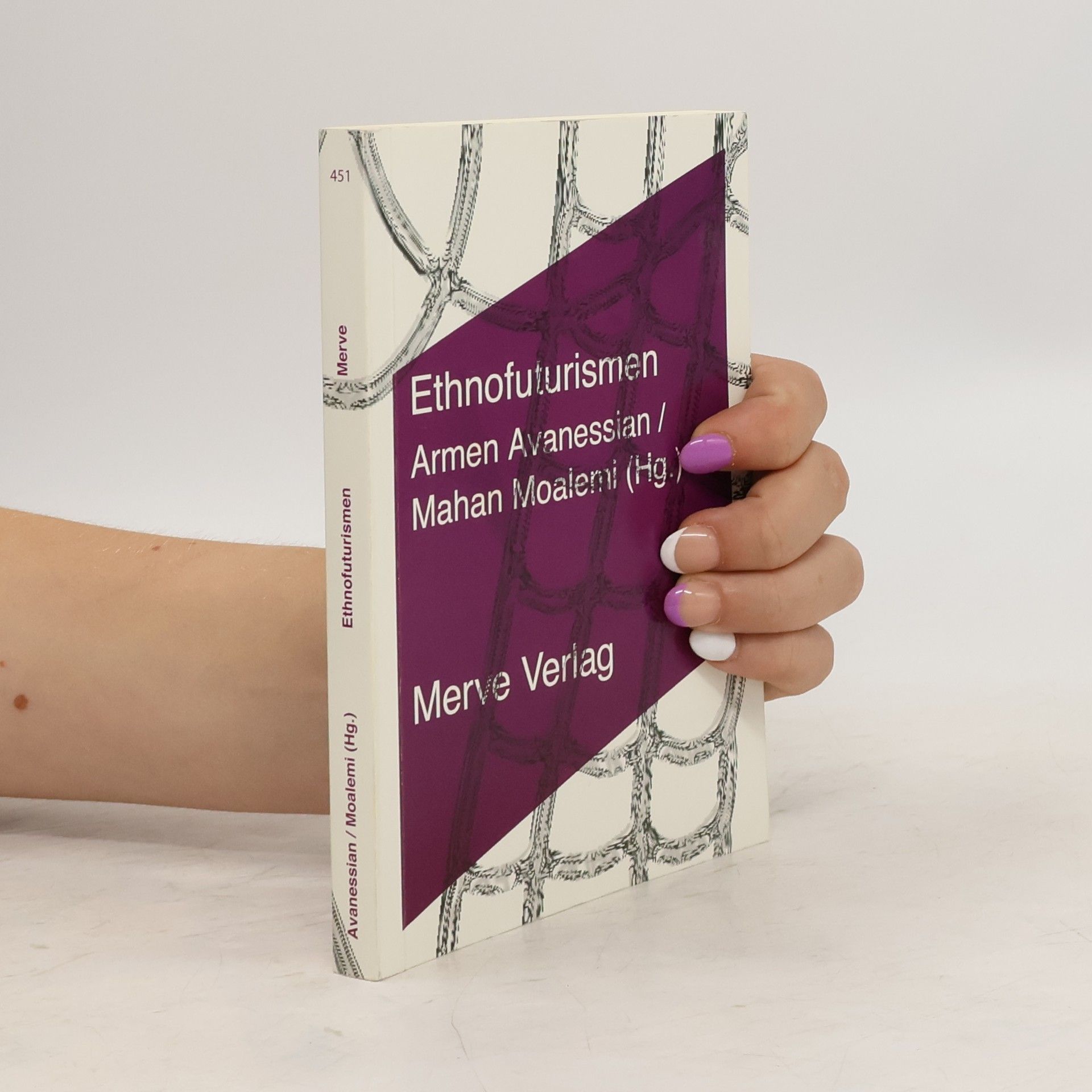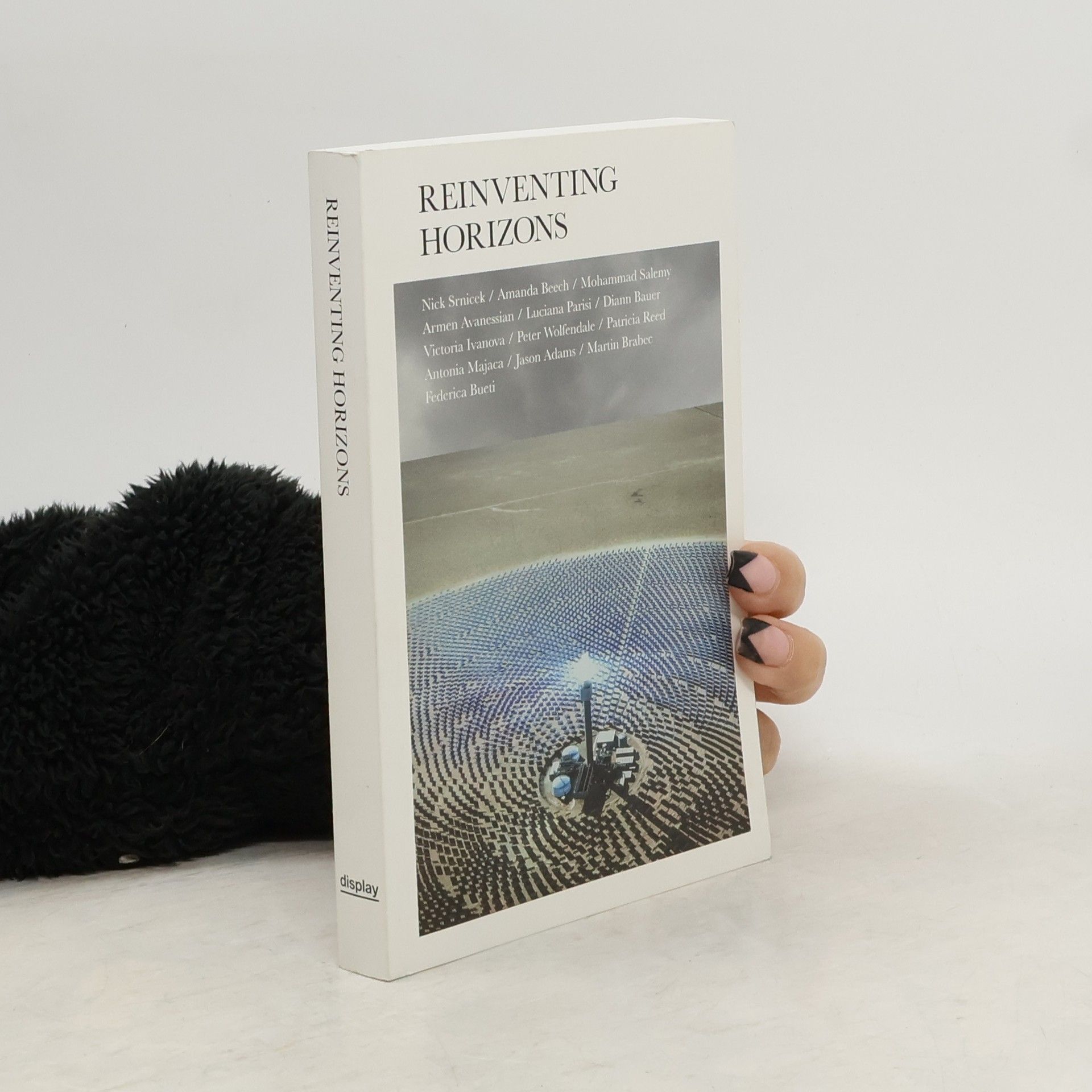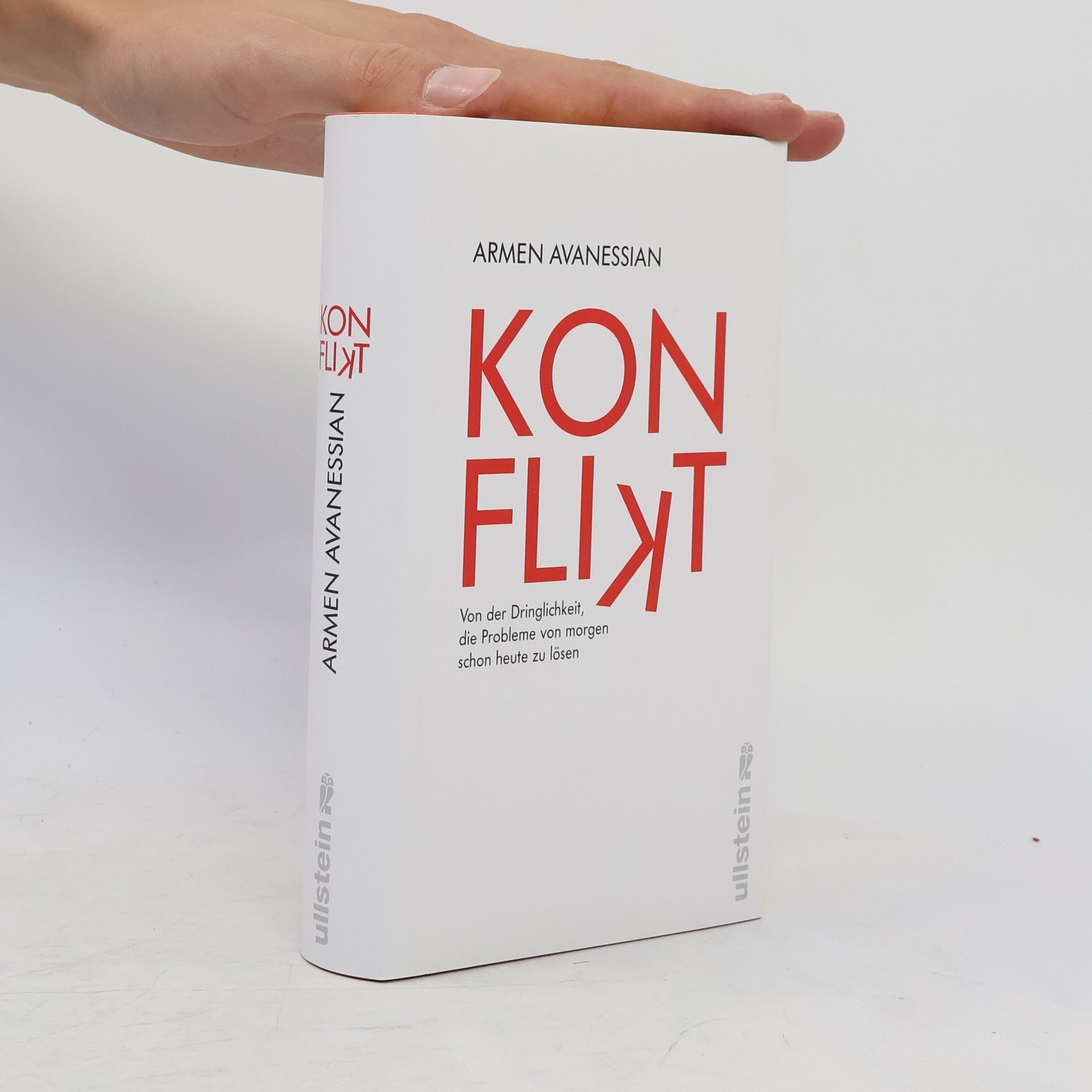Reinventing Horizons
- 240pages
- 9 heures de lecture
Současná akceleracionistická filozofie čím dál více slouží jako jistý bod propojení, který v sobě propojuje různorodé pokusy o přeformulování dřímajících společenských možností, odcizených kánonů, i mimolidské estetiky, které v současném diskurzu rezonují. V kontextu těchto probíhajících debat chceme vznést následující otázky: Jakým způsobem můžeme, tváří v tvář společenským výzvám i širému prostoru dalekého vesmíru, smysluplně působit? Jak odhodit pouta současnosti? Jaké jsou možnosti a podmínky spekulativního a akceleracionistického diskurzu, a jaké výsledky můžeme od takového projektu očekávat? Toto je smysl Reinventing Horizons. The current state of accelerationist philosophy increasingly appears to serve as a point of coalescence for various attempts at redefining diverse potentialities, estranged objectivities and inhumanisms which circulate the contemporary discourse. We attempt to add to these discourses by asking the following questions. What can we do within the confines of present conditions, while facing these challenges, agencies and vast spaces beyond? How can we unbind the shackles of the present? What are the possibilities and conditions of speculative and accelerationist discourses, and what are the investments and aspirations for such an endeavour? That is what we mean by Reinventing Horizons.


